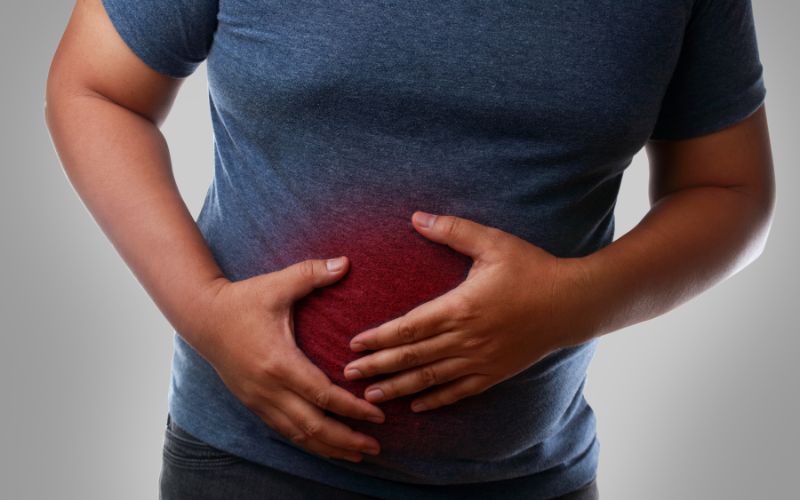
- Details
- By Kaili Berg
While overall cancer deaths are declining in the United States, colorectal cancer is increasing in Alaska Natives. That’s according to Cancer Statistics 2024, a new report recently released by The American Cancer Society.
The report found that Alaska Native people have the highest rate of colorectal cancer, also known as colon cancer, incidence and mortality in the world. Colon cancer is now the leading cause of cancer death in men under the age of 50 and second in women under 50 in the U.S.
“The continuous sharp increase in colorectal cancer in younger Americans is alarming,” Dr. Ahmedin Jemal, senior vice president of surveillance and health equity science at the American Cancer Society, said in a press release.
Jemal called for increased screenings, stool tests, and follow-up care for people aged 45 to 49 to help curb this trend.
According to the American Indian Cancer Foundation (AICF), Indigenous people are often diagnosed with colorectal cancer in its later and more fatal stages when symptoms become more obvious. Symptoms of colorectal cancer include:
- bloody stool
- frequent diarrhea or constipation
- stomach pain, cramps, and/or bloating
- fatigue
- unexplained weight loss
AICF recommends quitting smoking, eating fruits and veggies, monitoring weight, exercising, limiting alcohol, and getting screened. Colon cancer screening for American Indians is recommended for those ages 45 to 75. You can talk to your healthcare provider about when screening is best for you.
The overall cancer mortality is continuing to decline, with researchers pointing out that reductions in smoking, earlier cancer detection, and improved treatment options are reasons for the decline.
The report also showed progress against cancer is hampered by wide disparities. Compared to White people, mortality rates are two‐fold higher for liver, stomach, and kidney cancers in Native American people.
“Racial disparities in cancer occurrence and outcomes are largely the result of structural racism, resulting in longstanding inequalities in wealth that lead to differences in exposure to risk factors and access to high-quality cancer prevention, early detection, and treatment,” the report says.
Lisa Lacasse, president of the American Cancer Society’s advocacy affiliate, the American Cancer Society Cancer Action Network, said the report’s findings underscore a need for policies that help to address such disparities.
“We urge lawmakers at all levels of government to advance policies that ensure more people have health insurance coverage as well as improved access to and affordability of care, such as increased funding for cancer research and screening programs. Doing so will bring us closer to our vision of ending cancer as we know it, for everyone,” Lacasse said in a press release.
More Stories Like This
Chumash Tribe’s Project Pink Raises $10,083 for Goleta Valley Cottage Hospital Breast Imaging CenterMy Favorite Stories of 2025
The blueprint for Indigenous Food Sovereignty is Served at Owamni
Seven Deaths in Indian Country Jails as Inmate Population Rises and Staffing Drops
Sen. Luján Convenes Experts to Develop Roadmap for Native Maternal Health Solutions


